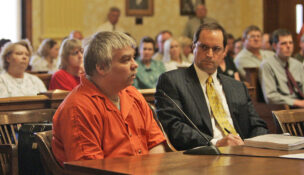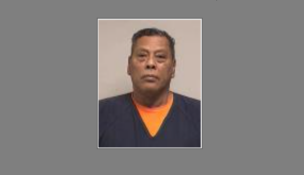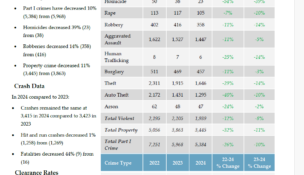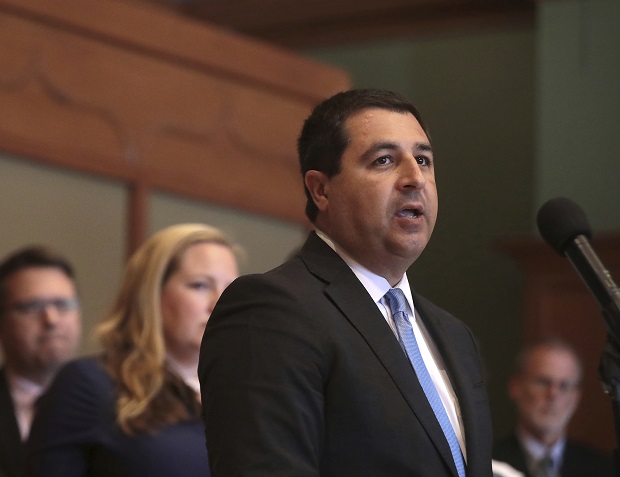US Supreme Court: Immigrants can be deported for filing false tax return
By: DOLAN MEDIA NEWSWIRES//February 23, 2012//
US Supreme Court: Immigrants can be deported for filing false tax return
By: DOLAN MEDIA NEWSWIRES//February 23, 2012//
By Pat Murphy
Dolan Newswires
Resident aliens committed a deportable offense by filing a false tax return that resulted in the federal government sustaining a loss in revenue in excess of $10,000, the U.S Supreme Court has ruled in a 6-3 decision.
Federal law provides that any alien who is convicted of an “aggravated felony” is subject to deportation.
Under 8 U.S.C. §1101(a)(43)(M)(i), an aggravated felony includes an offense that “involves fraud or deceit in which the loss to the victim or victims exceeds $10,000.”
In this case, the defendants are a husband and wife who are resident aliens. The husband pleaded guilty to filing a false corporate tax return and the wife pleaded guilty to aiding and assisting in the preparation of a false tax return. The federal government subsequently commenced deportation proceedings, alleging that the defendants committed aggravated felonies within the meaning of federal law.
The defendants argued that their offenses did not involve “fraud or deceit” under §1101(a)(43)(M)(i).
The Court disagreed, explaining that the “elements of willfully making and subscribing a false corporate tax return, in violation of 26 U. S. C. §7206(1), and of aiding and assisting in the preparation of a false tax return, in violation of 26 U. S. C. §7206(2), establish that those crimes are deportable offenses because they necessarily entail deceit.”
Further, the Court rejected the defendants’ argument that §1101(a)(43)(M)(i) could not be read as applying to tax crimes given that a companion subsection, §1101(a)(43)(M)(ii), expressly addresses tax evasion.
“Congress’ decision to tailor Clause (ii)’s language to match the sole type of offense covered by Clause (ii) does not demonstrate that Congress also intended to implicitly circumscribe the broad scope of Clause (i)’s plain language,” the Court said.
Justice Clarence Thomas wrote the majority opinion. Justice Ruth Bader Ginsberg wrote a dissent in which Justices Stephen Breyer and Elena Kagan joined.
U.S. Supreme Court. Kawashima v. Holder, No. 10-577.
Legal News
- Steven Avery prosecutor Ken Kratz admits ‘mistakes were made’
- Colombian national extradited to Milwaukee faces International narcotics-trafficking conspiracy charge
- MPD: Milwaukee homicides down nearly 40 percent compared to last year
- EVERS: Republican lawmakers No-Show at special meeting to release statewide PFAS funding, stabilize healthcare access
- Wisconsin ICAC Task Force conference on Missing and Exploited Children highlights increase in sextortion cases
- More than 300 Wisconsin officers back in law enforcement after being fired or forced out
- Former Trump staffer who said to ‘fan the flame’ after 2020 loss hired to lead Wisconsin GOP
- Gov. Evers appoints David Casey to Serve as DOR Secretary
- Former Marine sentenced for Molotov Cocktail attack against Planned Parenthood Clinic
- ABA names 34th Annual Margaret Brent Women Lawyers of Achievement Awards honorees
- FBI launches criminal investigation into Key Bridge collapse
- Man charged in slaying after woman’s leg found at Milwaukee-area park
WLJ People
- Power 30 Personal Injury Attorneys – Russell Nicolet
- Power 30 Personal Injury Attorneys – Benjamin Nicolet
- Power 30 Personal Injury Attorneys – Dustin T. Woehl
- Power 30 Personal Injury Attorneys – Katherine Metzger
- Power 30 Personal Injury Attorneys – Joseph Ryan
- Power 30 Personal Injury Attorneys – James M. Ryan
- Power 30 Personal Injury Attorneys – Dana Wachs
- Power 30 Personal Injury Attorneys – Mark L. Thomsen
- Power 30 Personal Injury Attorneys – Matthew Lein
- Power 30 Personal Injury Attorneys – Jeffrey A. Pitman
- Power 30 Personal Injury Attorneys – William Pemberton
- Power 30 Personal Injury Attorneys – Howard S. Sicula











